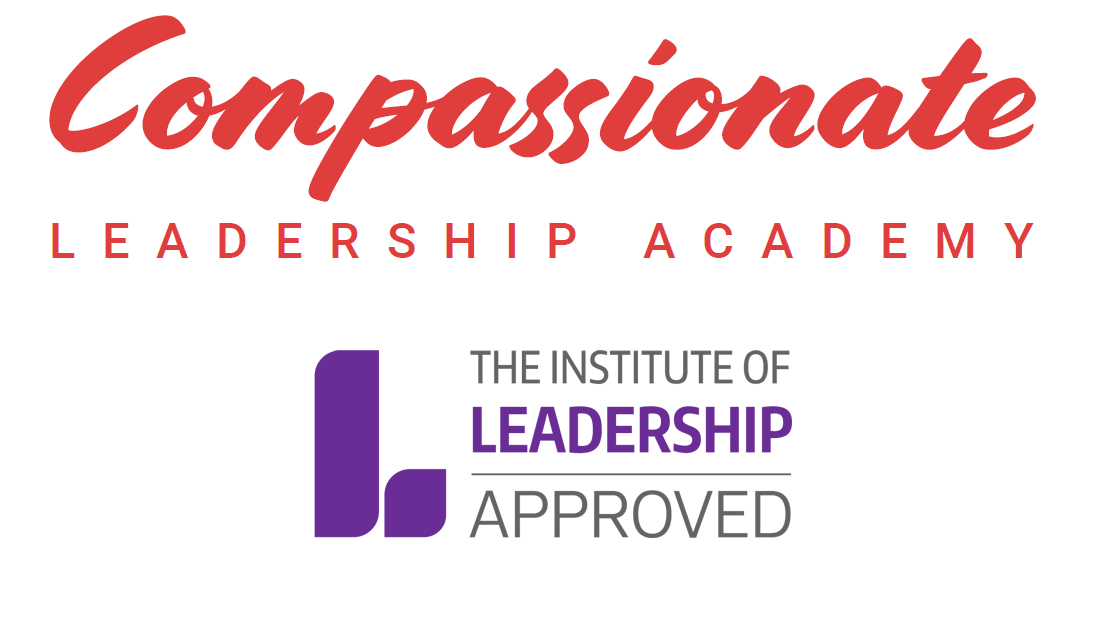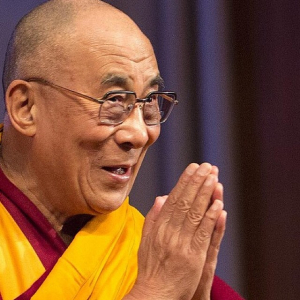Manley Hopkinson
Commitment v Compliance
Here I talk about commitment and compliance and how the outcome of compassionate leadership is to gain commitment. But I am really conscious that Compliance, with a capital C, is an absolutely vital part of many organisations’ services and products; we really do want everyone to be committed to the Compliance Regulations & Processes that safeguard us all. The compliance I allude to is an emotional compliance, a reluctance, a “this doesn’t motivate me” kind of compliance. So let’s commit to “ Compliance", but strive to move away from “compliance”!
I believe that it is all about gaining commitment. It has to be. Who wants to work with a compliant team, a reluctant team? Who wants to work with the mindset of compliance when we have the opportunity to create the excitement of commitment? The principles of compassionate leadership are those that create long-term commitment and completely remove the emotional drag of compliance.
How do you feel when you “have” to do something and you don’t really want to? Annoyed? Frustrated? Lethargic? De-motivated? You cannot quite muster the energy to give it your best shot. Your body language gives it away. You sigh, it seems like hard work, time drags, but “Hey ho, best get it done”. That’s not the way to work. That’s not the way to live. Life is more precious than that.
Empathy v Compassion
It was the great and hugely humble Dalai Lama, the leader of the Tibetan people, that once described the difference between empathy and compassion. And he should know! He says “Empathy is to raise your consciousness of the other. Compassion is to work with that knowledge with positive intent”. In essence compassion is “empathy with positive action”. I like that. It sounds powerful and transformational. The application of compassion will transform teams, organisations, companies, communities and our society at large.
There are two aspects to compassion that are of equal importance.
The first is for us all to widen our peripheral vision to see the needs of others. The second is summed up in the Anglo-Irish statesman author, orator, political theorist and philosopher Edmund Burke's splendid challenge to us all of “The only thing necessary for the triumph of evil is for good people to do nothing”.
Let me share with you an example that we can all relate to.



